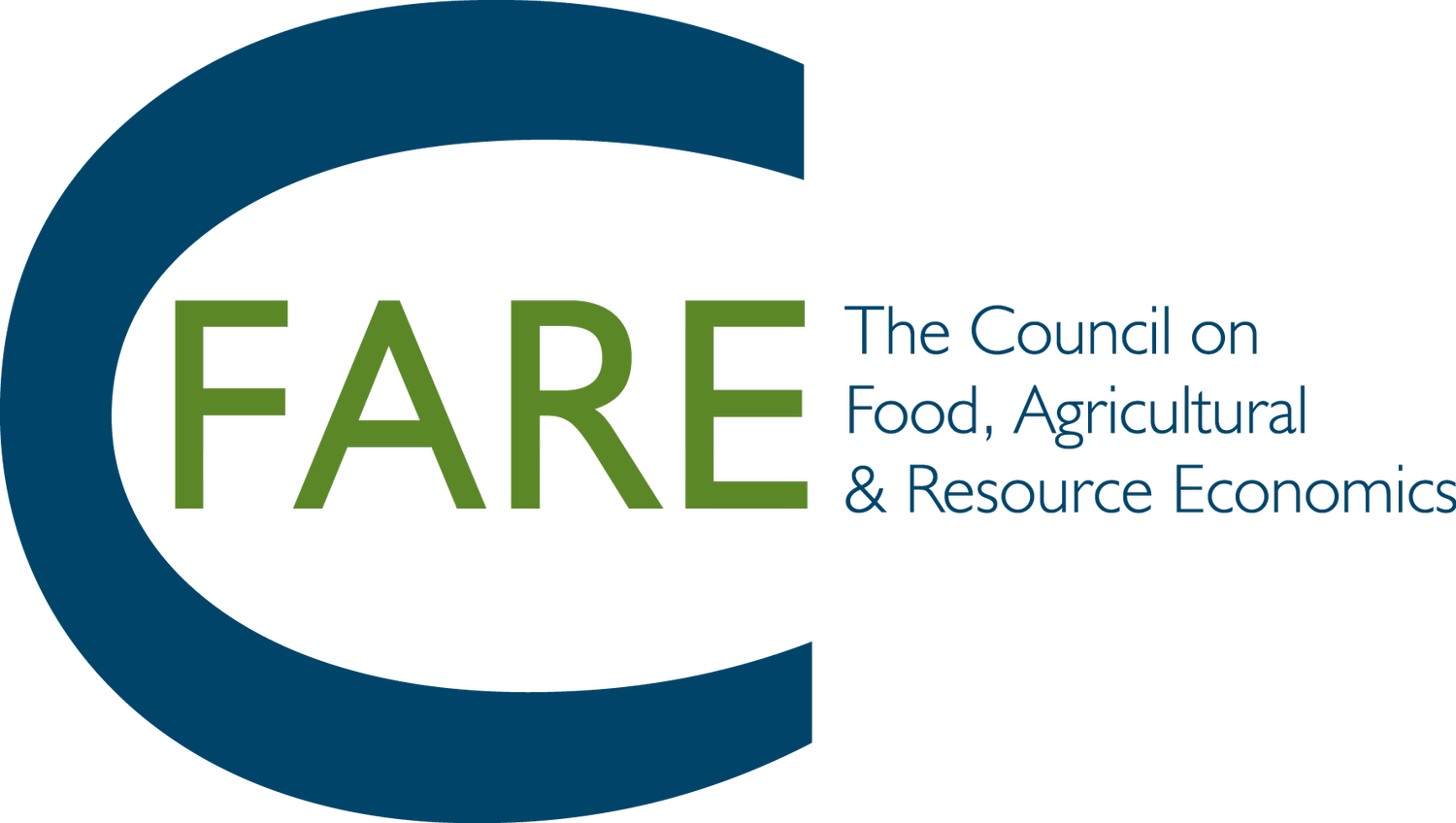Opportunities for Climate-Smart Feedstocks in Transportation Fuels
Agriculture has a significant role in decarbonizing the economy, specifically the transportation sector, by producing renewable fuels and enhancing land-based carbon storage. The current generation of biofuels, from corn and soybeans, utilize large shares of these crops. There is significant potential to lower the CI of these biofuels by adopting climate-smart practices that enhance their carbon sequestration, reduce soil carbon and nitrous oxide emissions due to tillage, and reduce life-cycle emissions due to fertilizer and fossil fuel use during crop production.
However, current biofuel regulatory policy offers limited incentives for biofuels produced using climate-smart farming practices. This lack of incentives at the farm limits the alignment of efforts to reduce transportation GHG emissions and agricultural GHG emissions. It also implies no incentive for refiners to source feedstocks with lower emissions intensity.
On January 25 and 26, 2024, The Council on Food, Agricultural, & Resource Economics (C-FARE) hosted a workshop in Washington, D.C. The one-and-a-half-day workshop featured keynote presentations, panel discussions, and breakout sessions. C-FARE administered the workshop under "Chatham House Rules". So, specific statements, comments, and viewpoints are not tied back to any individual or organization in the proceedings document. Nevertheless, some presentations that set the stage for the various sessions are available on the accompanying website.
This workshop aimed to explore the technical, policy, and economic opportunities and challenges in incorporating soil carbon impacts of farming practices in the CI scores of biofuels as a mechanism for incentivizing farmers to adopt these practices. The workshop brought together scientists, agency staff, industry representatives, and non-governmental organizations to hear diverse perspectives from a technical perspective. The workshop was interactive, with opportunities for active participation by all attendees, contributing to greater clarity of understanding about the opportunities and technical challenges to implementing climate-smart biofuel CI scores.
The proceedings document summarizes the discussions during the workshop. C-FARE cooperators compiled this information by having note-takers for each breakout session, video recordings, PowerPoint slides from presenters, and information collected from surveys of market attendees. The text in the proceeding document reflects the cooperator's best efforts at compiling that information.
The cooperators have also written an Executive Summary of the workshop. This Summary distills some of the key findings from the cooperators' perspectives, and it may not necessarily reflect the viewpoint of all attendees. However, the Summary distills information presented and discussed throughout the workshop, which attendees commented on and reacted to.
